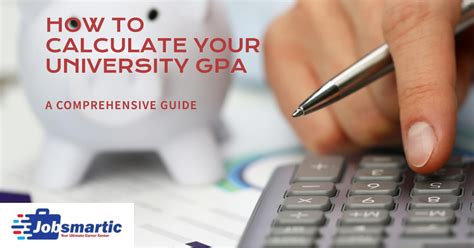Introduction:
Rochester Institute of Technology (RIT) is a reputable institution known for its rigorous academic programs. As an RIT student, maintaining a strong GPA is crucial for academic success, scholarships, and future career opportunities. Understanding your GPA and the factors that impact it is essential for effective academic planning and improvement.

What is GPA?
Grade Point Average (GPA) is a numerical representation that reflects a student’s overall academic performance over a specific period. It is calculated by dividing the total number of grade points earned by the total number of credit hours attempted.
How RIT Calculates GPA:
- Grade Point Equivalents: Each letter grade is assigned a numerical value called a grade point equivalent (GPE):
| Letter Grade | GPE |
|---|---|
| A | 4.0 |
| A- | 3.7 |
| B+ | 3.3 |
| B | 3.0 |
| B- | 2.7 |
| C+ | 2.3 |
| C | 2.0 |
| C- | 1.7 |
| D+ | 1.3 |
| D | 1.0 |
| F | 0.0 |
-
Course Credits: Each course you take is assigned a number of credit hours. The number of credit hours represents the time and effort required to complete the course. For example, a 3-credit hour course requires approximately 150 minutes of lecture, discussion, and study time per week.
-
GPA Formula: To calculate your GPA, multiply the GPE of each course by the number of credit hours it carries, and then divide the sum of the products by the total number of credit hours attempted.
GPA = (GPE1 x Credit Hours1) + (GPE2 x Credit Hours2) + … / Total Credit Hours
RIT GPA Calculator:
RIT provides an online GPA calculator on the myRIT portal. This tool allows you to easily enter your course grades and credits to calculate your GPA. The calculator also provides a breakdown of your GPA by semester and cumulative.
Using the RIT GPA Calculator:
1. Log in to the myRIT portal.
2. Navigate to the Academic tab.
3. Click on “GPA Calculator.”
4. Enter your course grades and credits.
5. The calculator will automatically calculate your GPA.
Improving Your GPA:
Maintaining a high GPA is not always easy, but it is possible with consistent effort and smart study habits. Here are some tips for improving your GPA:
-
Attend Class Regularly: Attendance is essential for academic success. Attending classes allows you to follow the lectures, take notes, and ask questions. Studies have shown that students who attend class regularly tend to perform better academically.
-
Complete Assignments on Time: Submitting assignments on time demonstrates your dedication to the course and helps you stay on top of your studies. Late assignments may receive a penalty or not be accepted at all.
-
Study Effectively: Effective study techniques will help you retain information and perform well on exams. Develop a study schedule that works for you and stick to it as much as possible. Use active learning techniques such as taking practice tests, studying with classmates, and reviewing lecture notes.
-
Seek Help When Needed: Don’t hesitate to ask your professors, classmates, or teaching assistants for help when you need it. They are there to support you and help you succeed.
RIT GPA Calculator Pros and Cons:
Pros:
- Easy to Use: The RIT GPA calculator is user-friendly and straightforward to use.
- Accurate: The calculator uses the official RIT GPA calculation method, ensuring accurate results.
- Convenient: The calculator is available online, allowing you to access it anytime, anywhere.
Cons:
- Limited to RIT Students: The calculator is only available to current RIT students.
- Does Not Consider Course Difficulty: The calculator does not take into account the difficulty of the courses taken.
Common Mistakes to Avoid:
* Not Submitting Assignments: Failing to submit assignments on time or not submitting them at all can significantly lower your GPA.
* Not Studying Effectively: Ineffective study habits, such as cramming or not reviewing material, can hinder your academic performance.
* Procrastinating: Putting off studying until the last minute can lead to stress, anxiety, and poor performance.
* Skipping Class: Missing classes frequently can result in gaps in your knowledge and lower your GPA.
